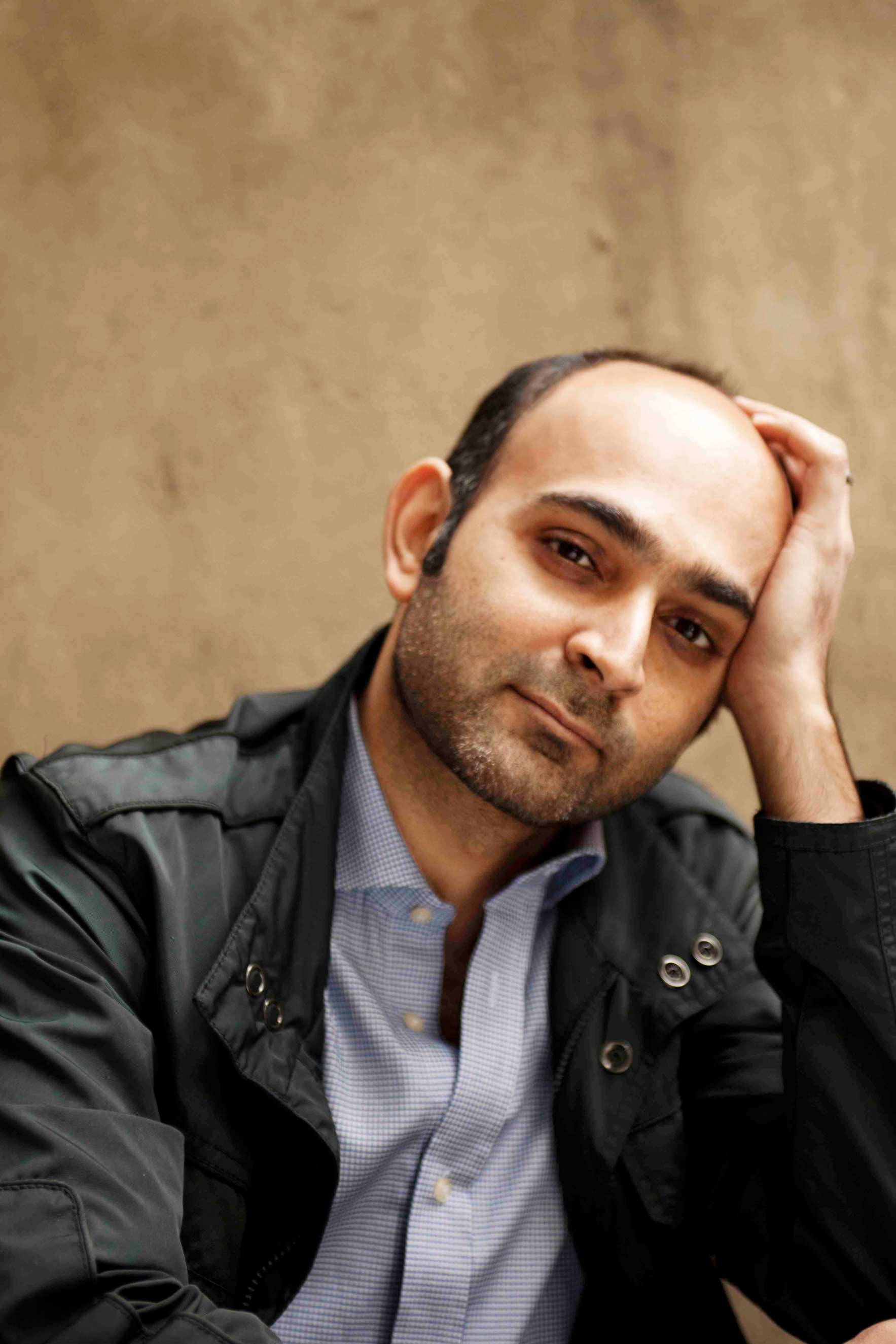
The love story at the center of Mohsin Hamid‘s Exit West begins with a familiar premise: boy meets girl, boy dines with girl, boy goes to bed with girl, romance ensues. But this boy, Saeed, and this girl, Nadia, happen to live in an unnamed country on the verge of civil war.
As in the real world, the refugees in this book flee to Western nations, often stopping over in countries with marginal economies. Unlike in the real world, they reach each destination through enchanted doors that magically and painfully transport them. “It was said in those days that the passage was both like dying and being born,” Hamid writes, “and indeed Nadia experienced a kind of extinguishing as she entered the blackness and a gasping struggle as she fought to exit it.”
In Hamid’s previous novels, including Moth Smoke (2000), The Reluctant Fundamentalist (2007) and How to Get Filthy Rich in Rising Asia (2013), the personal is the geopolitical. Exit West is no different. Nadia and Saeed worry about protecting themselves from anti-migrant vigilantes, but they also worry about charging their mobile phones, and revel in the pleasure of soft towels after months without a proper shower. Exit West stands apart, however, because its timing feels so urgent: while Americans debate who should be welcomed at the country’s gates and who should be turned away, caricatures abound in the public discourse. But here are two people whose love story nevertheless feels universal. In stoic prose and with profound insight, Hamid offers a plea for readers to view Nadia and Saeed as a couple like any other. Their society eventually finds a peaceable way to operate those doors; maybe ours can too.
More Must-Reads from TIME
- Donald Trump Is TIME's 2024 Person of the Year
- Why We Chose Trump as Person of the Year
- Is Intermittent Fasting Good or Bad for You?
- The 100 Must-Read Books of 2024
- The 20 Best Christmas TV Episodes
- Column: If Optimism Feels Ridiculous Now, Try Hope
- The Future of Climate Action Is Trade Policy
- Merle Bombardieri Is Helping People Make the Baby Decision
Contact us at letters@time.com